Climate Change | Sea Level Rise | Ocean Acidification
October 17, 2024
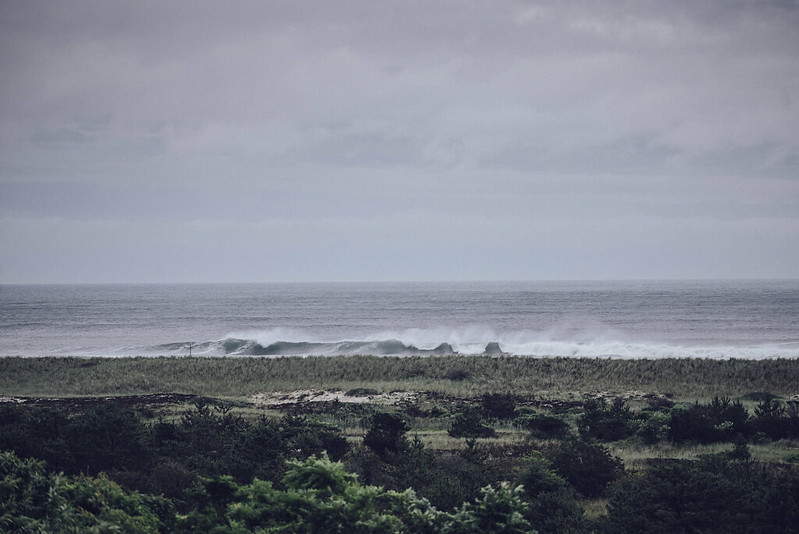
This coastal tribe has a radical vision for fighting sea-level rise in the Hamptons – Vox
Excerpt:
Next to some of the priciest real estate in the world, the Shinnecock Nation refuses to merely retreat from its vulnerable shoreline.
There’s a modest hill in Seneca Bowen’s yard that gently slopes upward, away from an inlet that leads into southeastern Long Island’s Shinnecock Bay and eventually into the Atlantic Ocean. In 2012, when Hurricane Sandy ripped through Long Island, those few feet of elevation were the only thing standing between the flood waters and Bowen’s house.
On a recent August afternoon, Bowen and I walked around his land as he recalled how Sandy wiped away the small beach at the edge of the property, where Bowen grew up swimming and fishing. Bowen showed me exactly how high the water came that year: 100 yards past the usual high tide mark. In the years since, that beach has become a grassy wetland that floods regularly, encroaching ominously on his home.
Bowen, who is 36, lives on the Shinnecock Nation reservation on the eastern end of Long Island, where his community is facing a dire situation.
About half of the Shinnecock Nation’s 1,600 tribal citizens live on an 800-acre reservation that includes 3,000 feet of shoreline on Shinnecock Bay. Of the roughly 250 homes within Shinnecock territory, around 50 are on the coast and in immediate danger from rising sea levels and increasing flooding. Powerful storm surges, which are also becoming more frequent, make all of this even worse.
“We’re running out of space,” Bowen, who is the treasurer of the Shinnecock Nation Council of Trustees, told me. “Our population is going up. We haven’t been able to acquire more land.”
But water isn’t the only thing hemming the Shinnecock in. In every direction, they are surrounded by the multimillion-dollar homes of Southampton, sometimes mere feet from the border of the Shinnecock Nation. As Bowen stood facing the water at the edge of his land, he pointed out the Southampton Yacht Club, a private club directly across the water from his home. “We’re surrounded by some of the most wealthy people in the country and then you have us sitting here struggling to just make ends meet,” Bowen said. “I mean, hell, I’m a council member and I live paycheck to paycheck.”
For nearly 400 years, since Southampton was settled in 1640, the Shinnecock have fought to stay where they are. Now, climate change is making the fight to stay on their homeland even more difficult as sea levels rise and storms grow stronger and more frequent. In the past few years, the Shinnecock have employed a combination of strategies to protect themselves against rising seas, like planting beach grass to strengthen dunes and developing oyster reefs to blunt tidal energy.
But unless the pace of climate change can be slowed, these solutions will not be enough to save Shinnecock lands, which currently represent only a fraction of their ancestral territory. The tribe’s 2013 climate adaptation plan predicted that nearly half of the Shinnecock reservation will flood after a major storm in 2050. Forecasts have only gotten worse since then.
“At some point — I don’t want to say in the near future, but certainly by the time my kids are old enough to be in charge — half the rez is going to be underwater,” Bowen said. “We obviously don’t want to leave our homeland, but at some point we’ll probably be forced to do that…”
Additional Reading:
Kerry Goleski
A Case for Southampton Residents to Look Toward the Shinnecock Indian Nation on Protecting the Water Bodies and Coastline
Anuradha Varanasi
The Tribe That Brought a Damaged Shoreline Back to Life
More on Climate Change | Sea Level Rise . . .
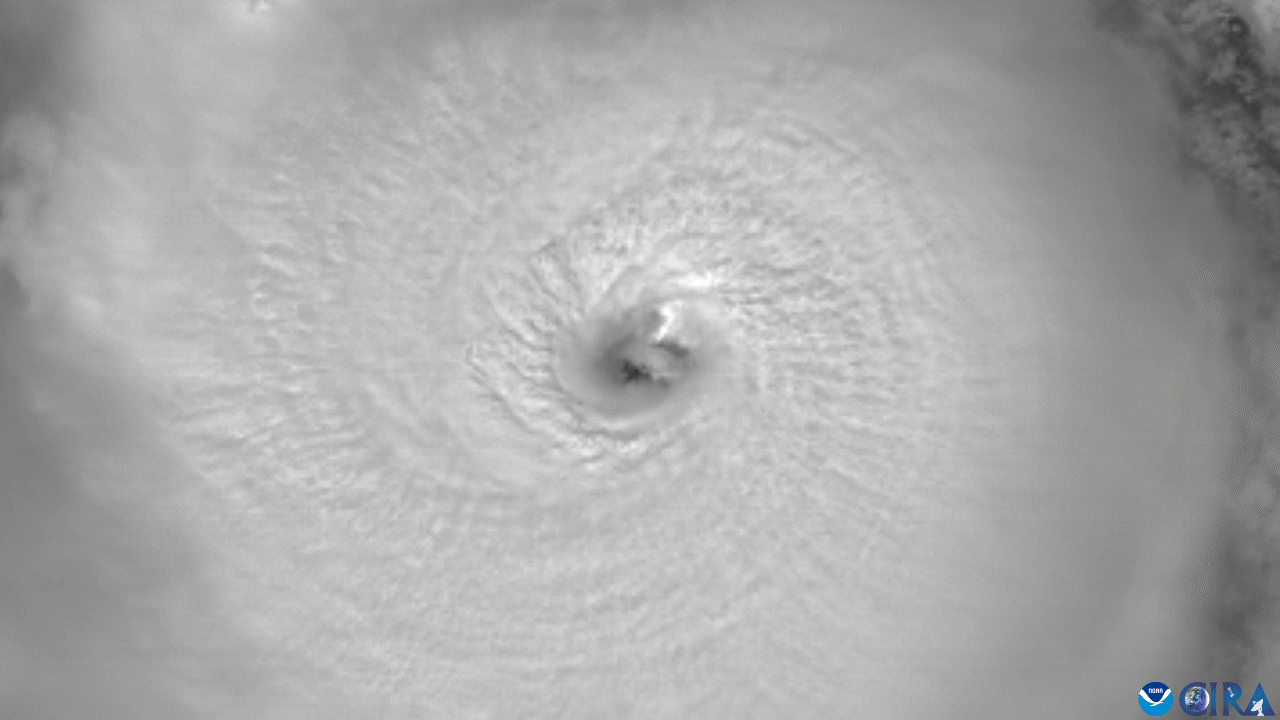
Climate Change Made Hurricane Milton Stronger, With Heavier Rain, Scientists Conclude – Inside Climate News
A rapid analysis of rainfall trends and Gulf of Mexico temperatures shows many similarities to Hurricane Helene less than two weeks earlier…
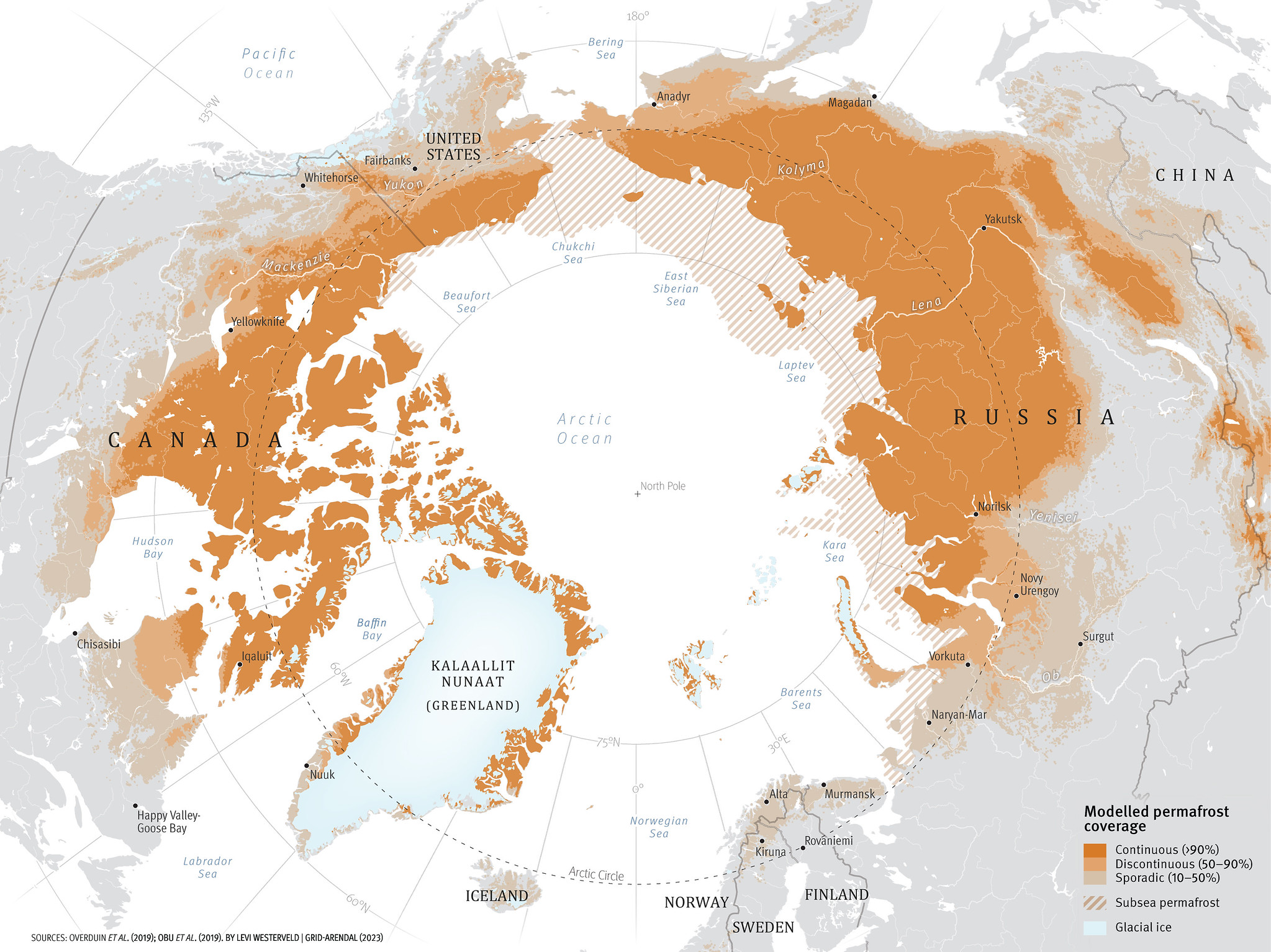
How Close Are the Planet’s Climate Tipping Points? – the New York Times
Earth’s warming could trigger sweeping changes in the natural world that would be hard, if not impossible, to reverse…
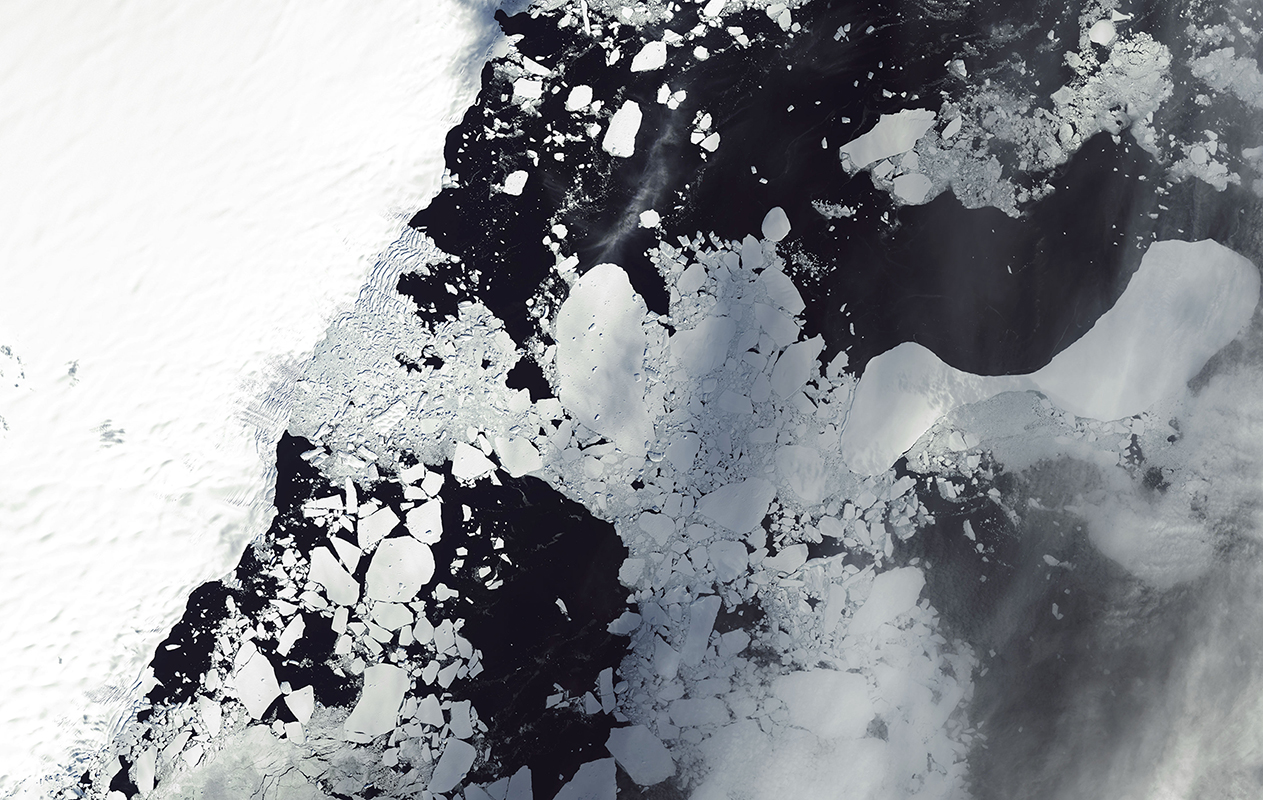
Antarctic temperatures soar 50 degrees above norm in long-lasting heat wave – the Washington Post
This historic warm spell in East Antarctica is an ominous example of the temperature spikes this polar climate could experience more of in a warming world…
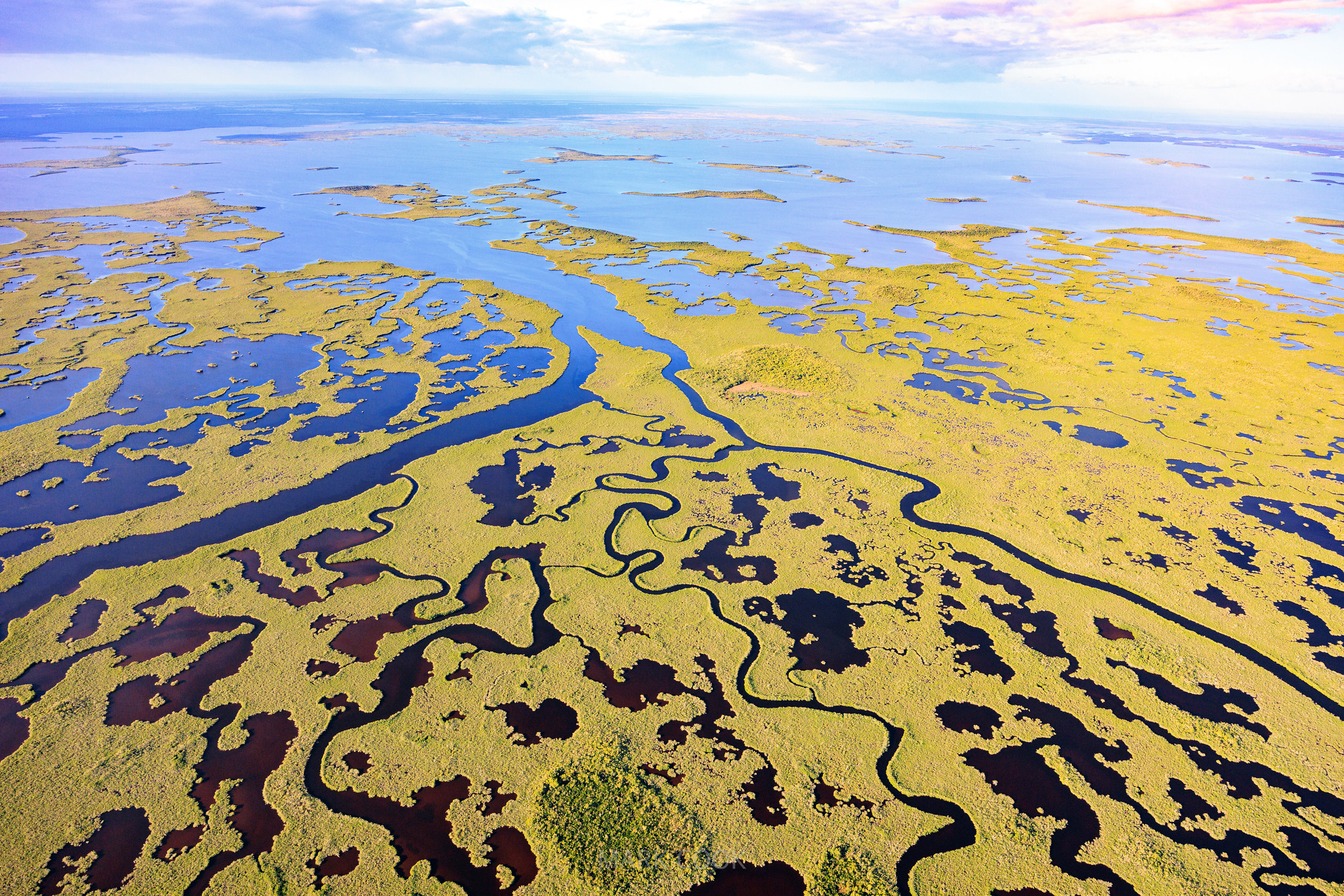
In the South, Sea Level Rise Accelerates at Some of the Most Extreme Rates on Earth – Inside Climate News
The surge is startling scientists, amplifying impacts such as hurricane storm surges and nuisance flooding and testing mitigation measures like the Resilient Florida program…
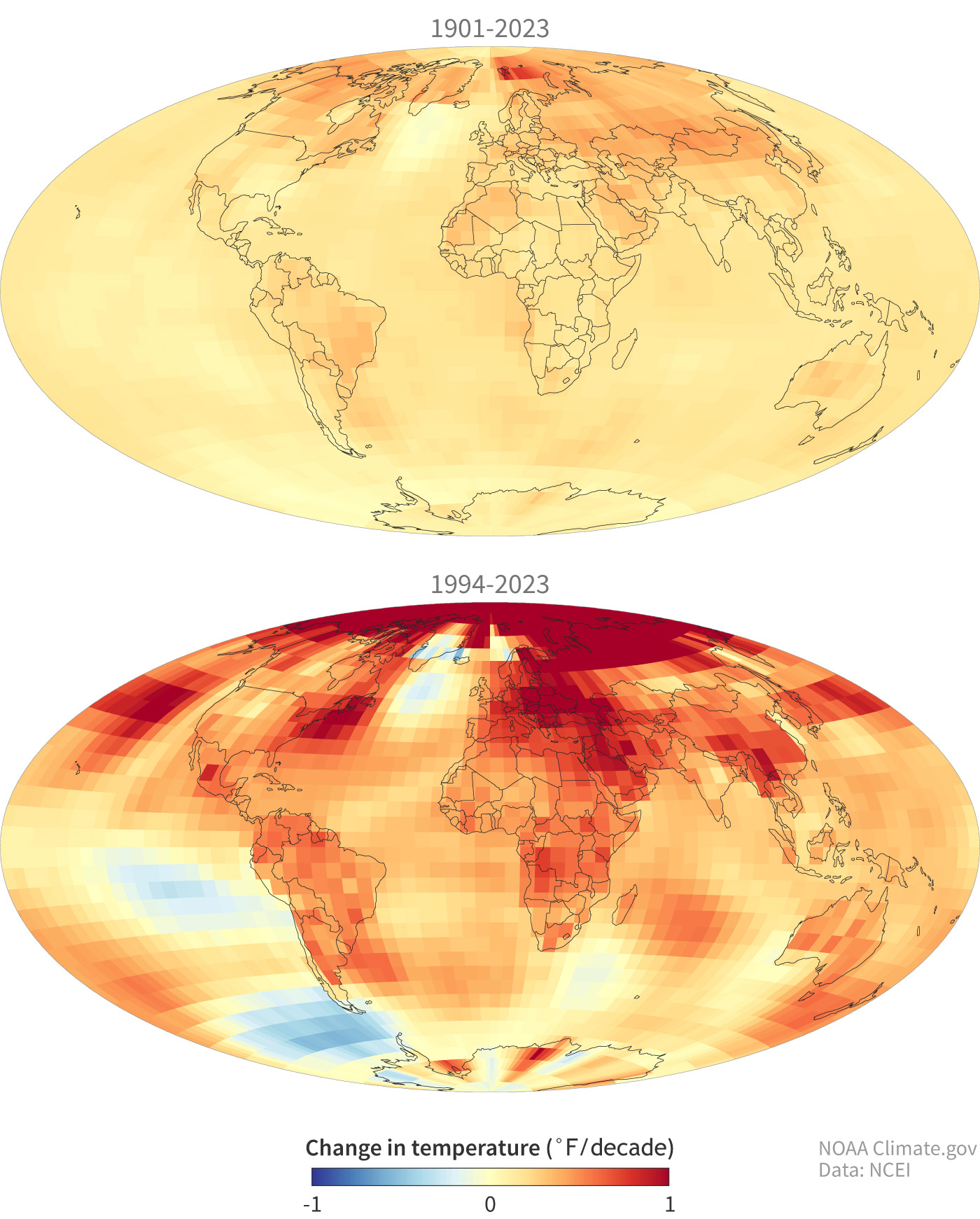
Earth broke all-time heat record two days in a row, scientists say – the Washington Post
Global temperatures Monday were highest ever observed — breaking a record set only 24 hours earlier….

Is there a wrong way to talk about climate change? – Grist Magazine
In a provocative new book, Genevieve Guenther argues that too many conversations are happening on the fossil fuel industry’s terms….

This Isn’t Your Grandparents’ Summer Heat – Scientific American
The face of summer is transforming, as people today face more frequent, longer-lasting and hotter heat waves than they did several decades ago…
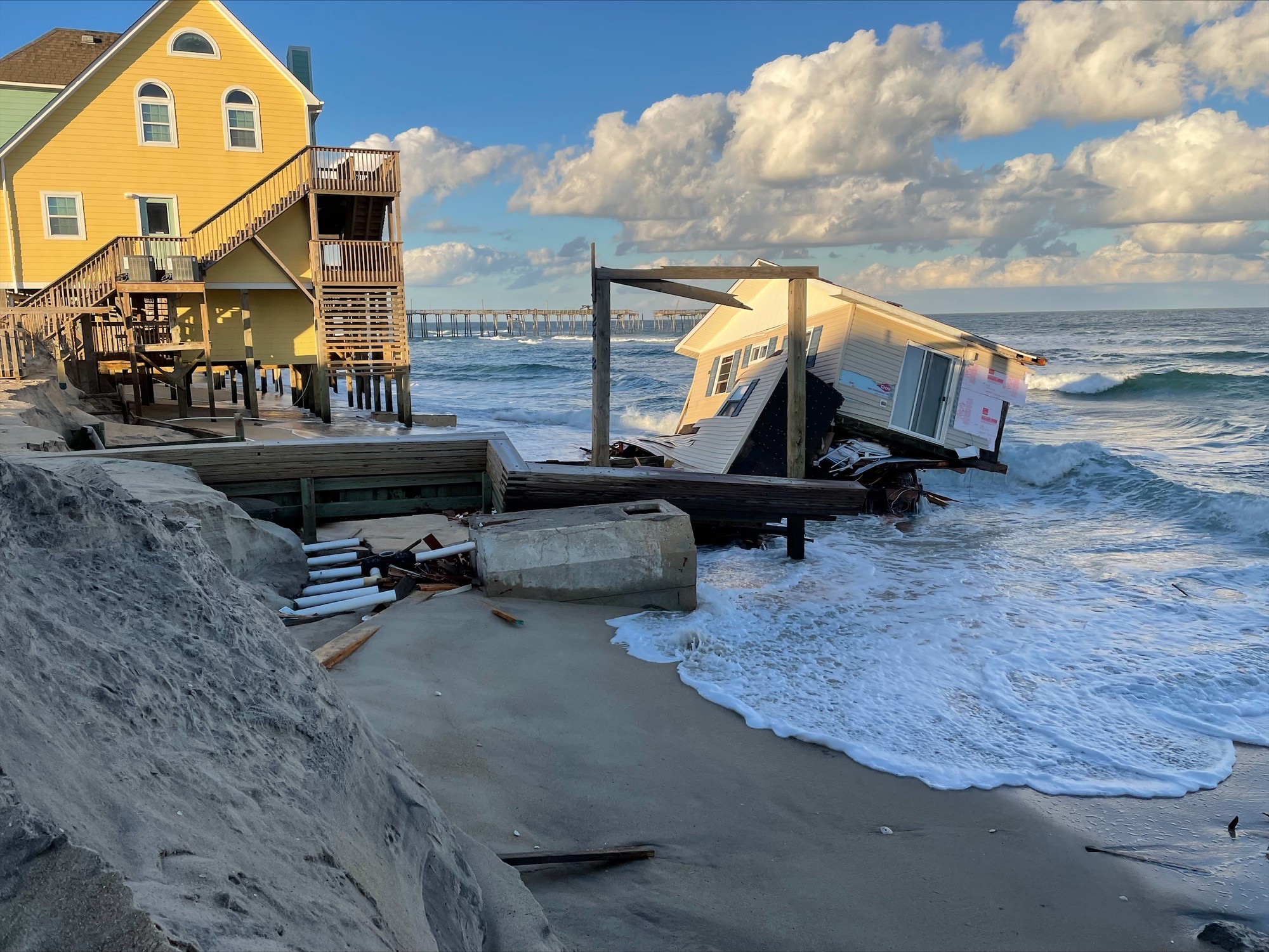
A Hidden Threat – the Washington Times
Fast-rising seas could swamp septic systems in parts of the South…
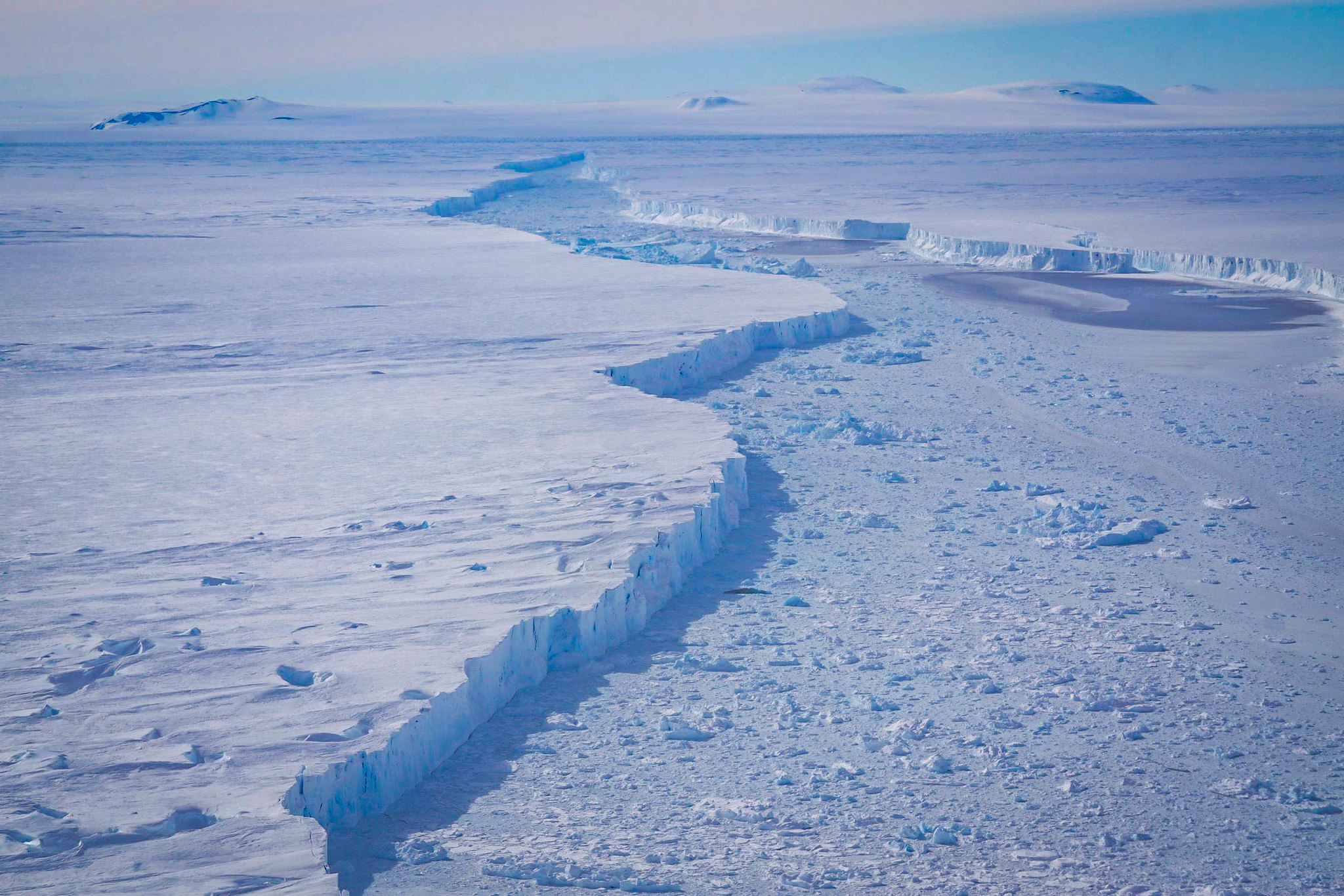
The ‘Doomsday Glacier’ is melting faster than scientists thought – Grist Magazine
Miles of seawater are flowing under Thwaites Glacier, undermining an Antarctic ice sheet and threatening rapid sea level rise….
